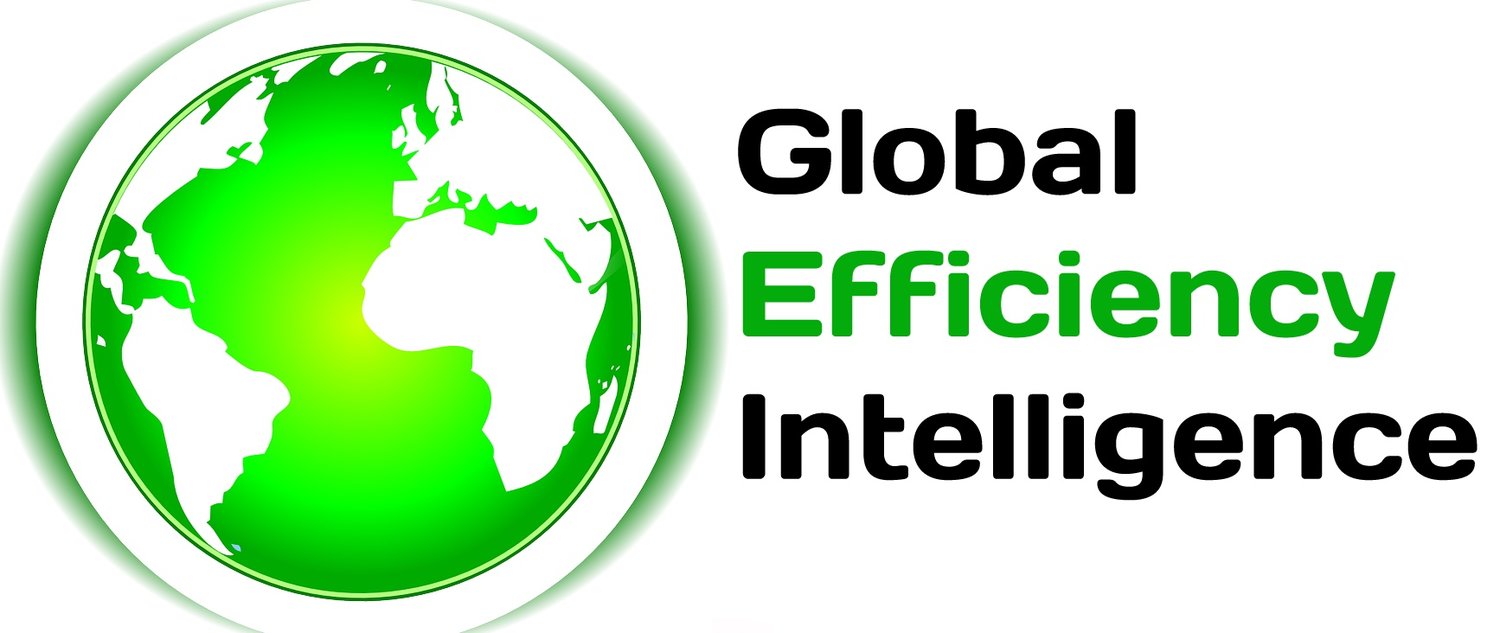Industrial energy efficiency and decarbonization in Asia through supply chain sustainability
Industry sector is the largest contributor of GHG emissions globally. In Southeast Asia (SE Asia), industry is also one of the top emitters of GHG emissions. With significant economic and industrial output growth projected for countries in SE Asia in the next few decades, the energy use and GHG emissions related to the industry sector is projected to grow substantially in the absence of aggressive GHG abatement policies and strategies by countries in the region.
The private sector has a substantial potential to drive environmental action. However, for many companies and brands whose supply chain emissions are significantly greater than operational emissions, it’s clear that to take meaningful action, companies must leverage their purchasing power, and collaborate with their supply chains. However, according to CDP, with only 29% of suppliers reporting an absolute decrease in 2019 emissions, it’s clear purchasers and their suppliers must do much more. It is critical purchasers work with their suppliers to ensure their climate ambitions aren’t being undone further up the value chain. Companies that are serious about taking meaningful action to mitigate their environmental risks must leverage their purchasing power, and work with their suppliers, to ensure ambition cascades upstream.
Global Efficiency Intelligence is conducting a study in Asia to assess the industrial energy use and efficiency and decarbonization potential through supply chain sustainability mechanism. This study is supported by Tara and European Climate Foundation. In this study, we analyze the profile of energy use by industry sector in 6 key countries in Asia: Vietnam, Indonesia, Philippines, Thailand, Malaysia, and Bangladesh. We take a sector-level analysis approach and will look deeper into two key sectors of the region, Textile & Apparel and Electronic products sectors. We are investigating the Barriers to implementation of supply chain sustainability/efficiency in the studied countries , Main ways companies can build sustainable low-carbon supply chains in Textile & Apparel and Electronic sectors and the tools that could help, How to integrate sustainability into companies supply chain decision making and key performance indicators (KPI) to consider, How Textile & Apparel and Electronic companies can collaborate vertically down their supply chain for better sustainability practices.

